Cureus, Whole-Exome Sequencing Identified a Novel DYRK1A Variant in a Patient With Intellectual Developmental Disorder, Autosomal Dominant 7
Por um escritor misterioso
Last updated 11 novembro 2024
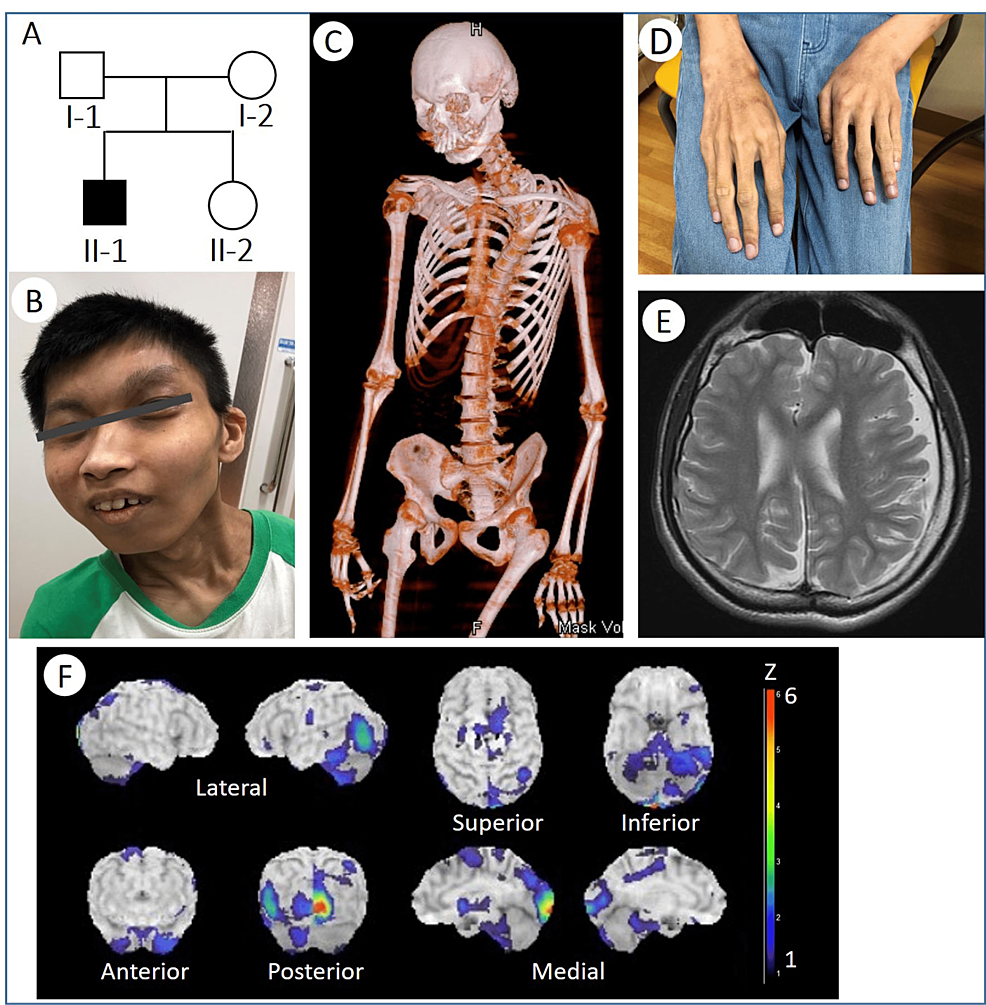
Intellectual developmental disorder, autosomal dominant 7 (MRD7; OMIM 614104) is a rare disease characterized by microcephaly, intellectual disability, speech delay, feeding difficulties, and facial dysmorphisms. This disorder is caused by pathogenic/likely pathogenic variants of the DYRK1A gene, which encodes dual-specificity tyrosine-phosphorylation-regulated kinase 1A. Here, we report a case of MRD7 that was diagnosed using Face2Gene and whole-exome sequencing (WES). A 22-year-old man presented with microcephaly, intellectual disability, slender body, long slender fingers, and facial dysmorphisms. He was previously diagnosed with Cornelia de Lange syndrome (CdLS) at four years of age. However, his CdLS clinical diagnostic score was low at 22 years of age. The Face2Gene application introduced several candidate diseases including MRD7. Finally, by utilizing WES and Sanger sequencing analysis of cloned cDNA, we identified a novel heterozygous duplication variant (c.848dup, p.(Asn283LysfsTer6)) in the DYRK1A gene, which introduces a premature stop codon. This report provides more information about the phenotypic spectrum of a young adult patient with MRD7. Face2Gene helped us introduce candidate diseases of the patient. Registering further genetically confirmed cases with MRD7 will improve the accuracy of the diagnostic recommendations in Face2Gene. Moreover, WES is a powerful tool for diagnosing rare genetic diseases, such as MRD7.

PDF) Next Generation Sequencing in Autism Spectrum Disorder

Expanding the Genotypic Spectrum of Congenital Sensory and Autonomic Neuropathies Using Whole-Exome Sequencing
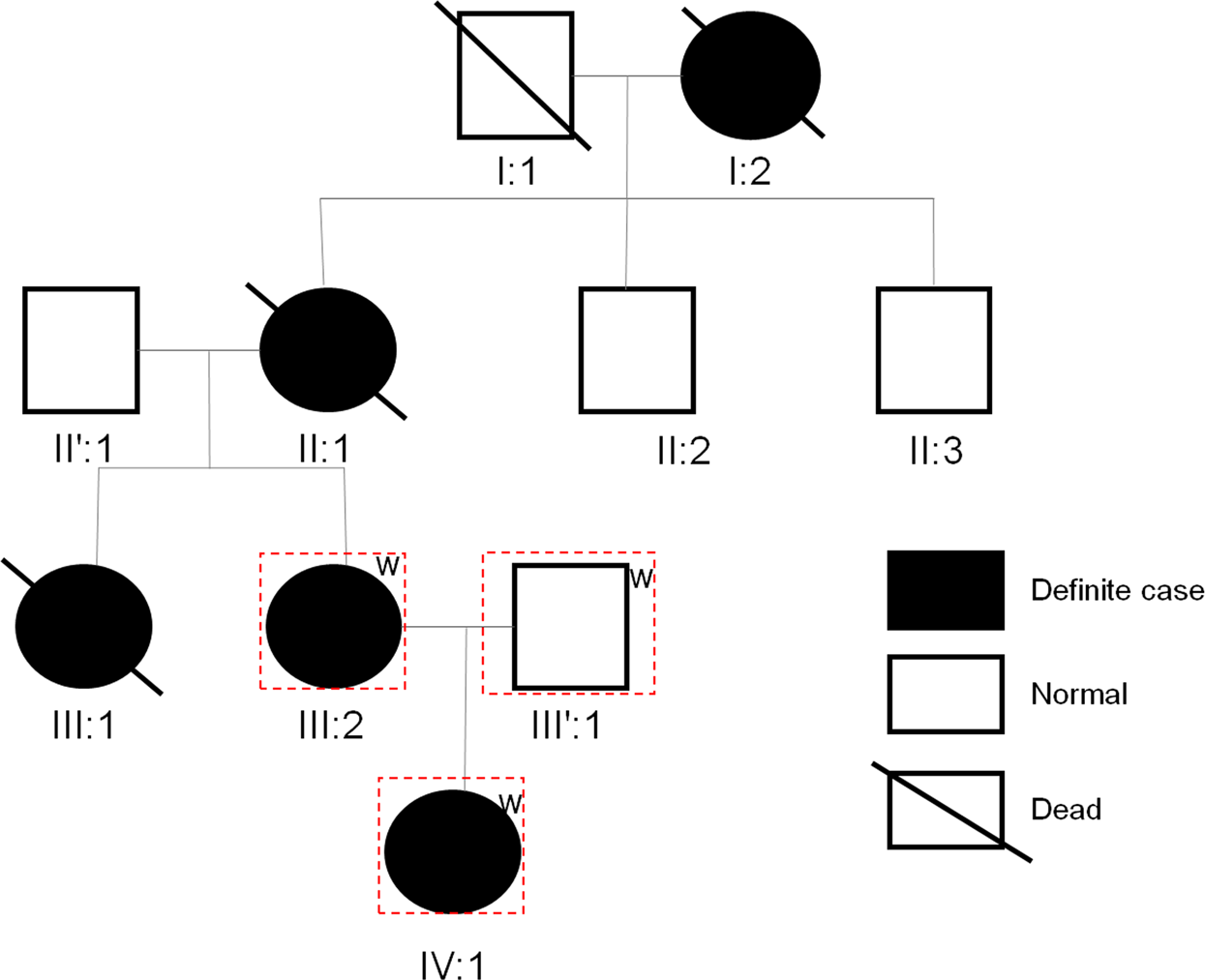
Whole exome sequencing identifies a novel intron heterozygous mutation in TSC2 responsible for tuberous sclerosis complex

Clinical Whole-Exome Sequencing for the Diagnosis of Mendelian Disorders
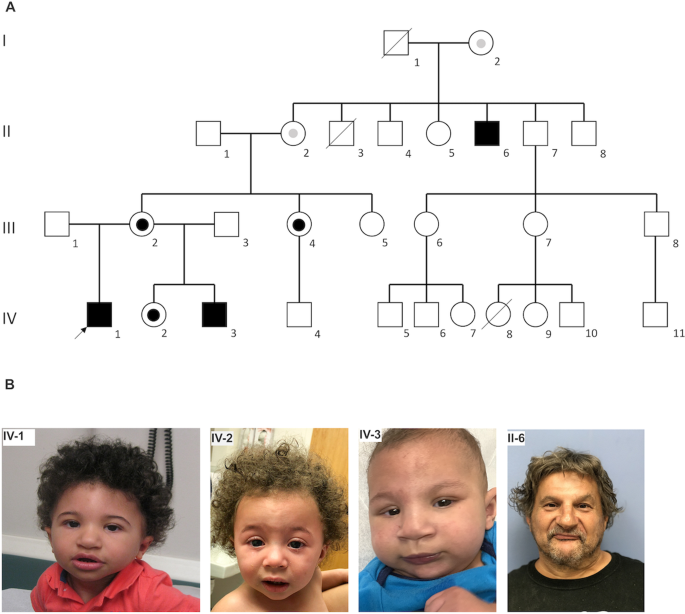
Novel exon-skipping variant disrupting the basic domain of HCFC1 causes intellectual disability without metabolic abnormalities in both male and female patients

Integrative approach to interpret DYRK1A variants, leading to a frequent neurodevelopmental disorder

Clinical Whole-Exome Sequencing for the Diagnosis of Mendelian Disorders

PDF) ANKRD11 pathogenic variants and 16q24.3 microdeletions share an altered DNA methylation signature in patients with KBG syndrome

Clinical Whole-Exome Sequencing for the Diagnosis of Mendelian Disorders

Whole exome sequencing identifies novel DYT1 dystonia-associated genome variants as potential disease modifiers
Recomendado para você
você pode gostar

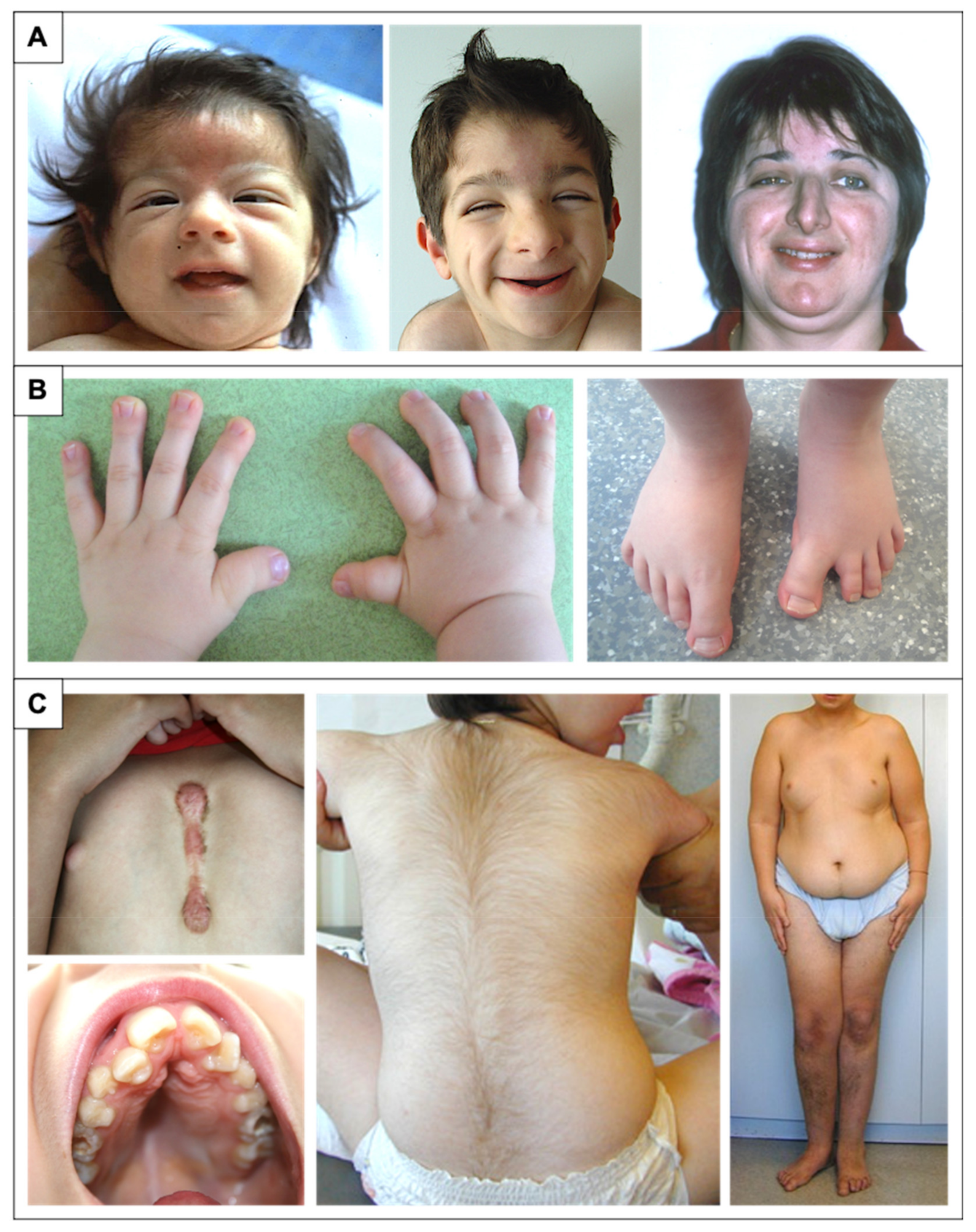
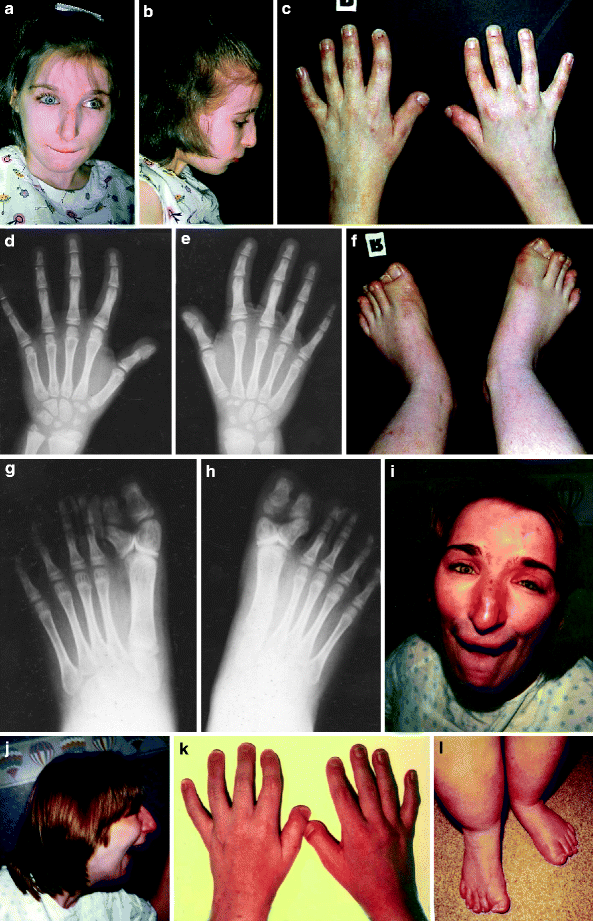
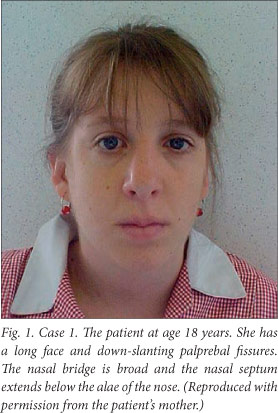
![Figure 2. [Broad terminal phalanges (A) and broad, radially deviated thumbs (B)]. - GeneReviews® - NCBI Bookshelf](https://www.ncbi.nlm.nih.gov/books/NBK1526/bin/rsts-Image002.jpg)

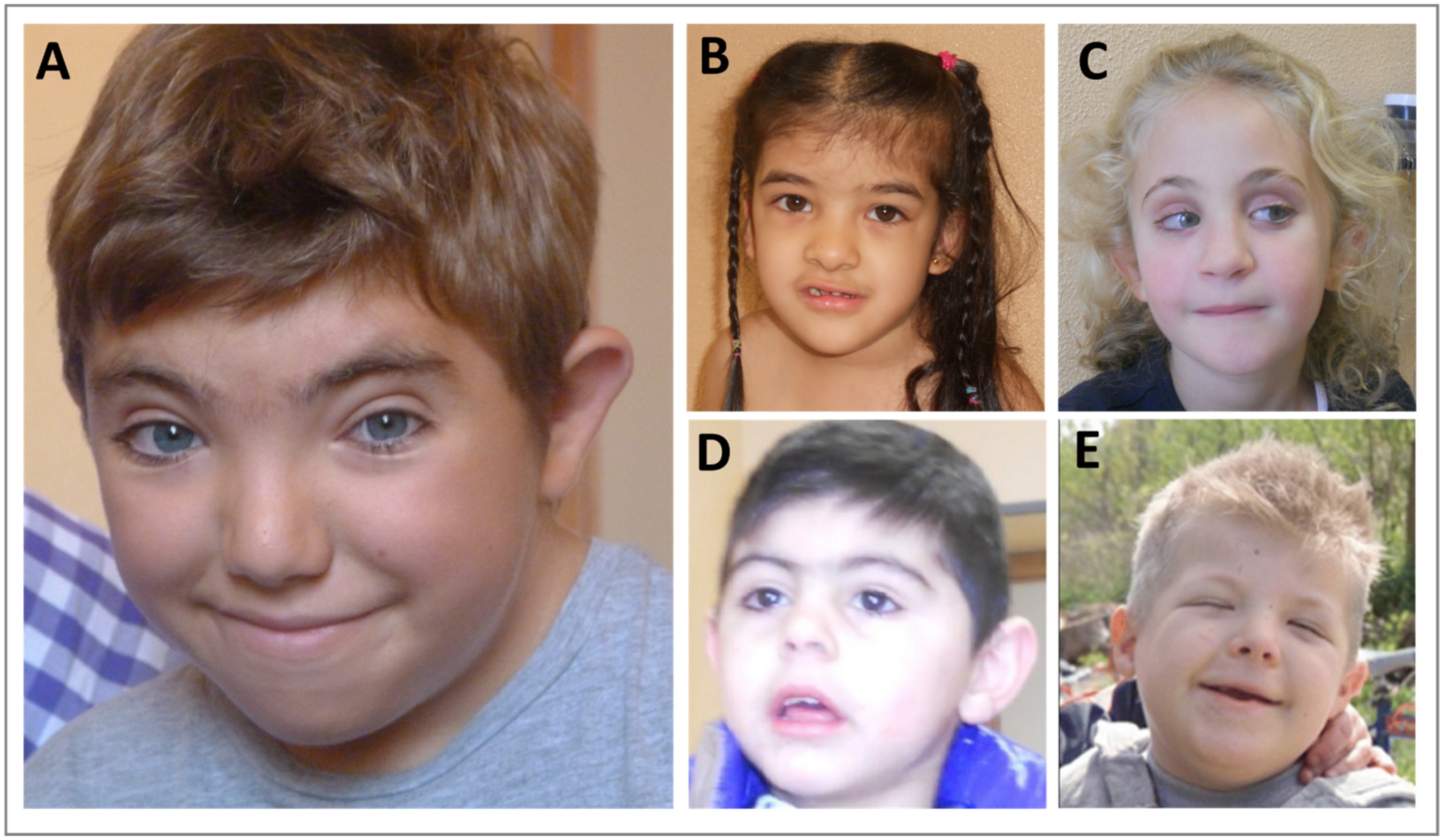











(501).jpg)